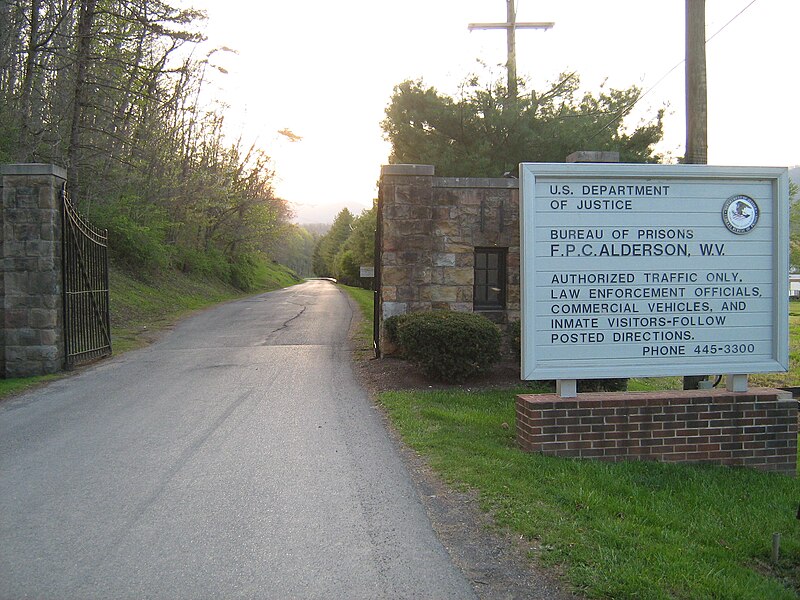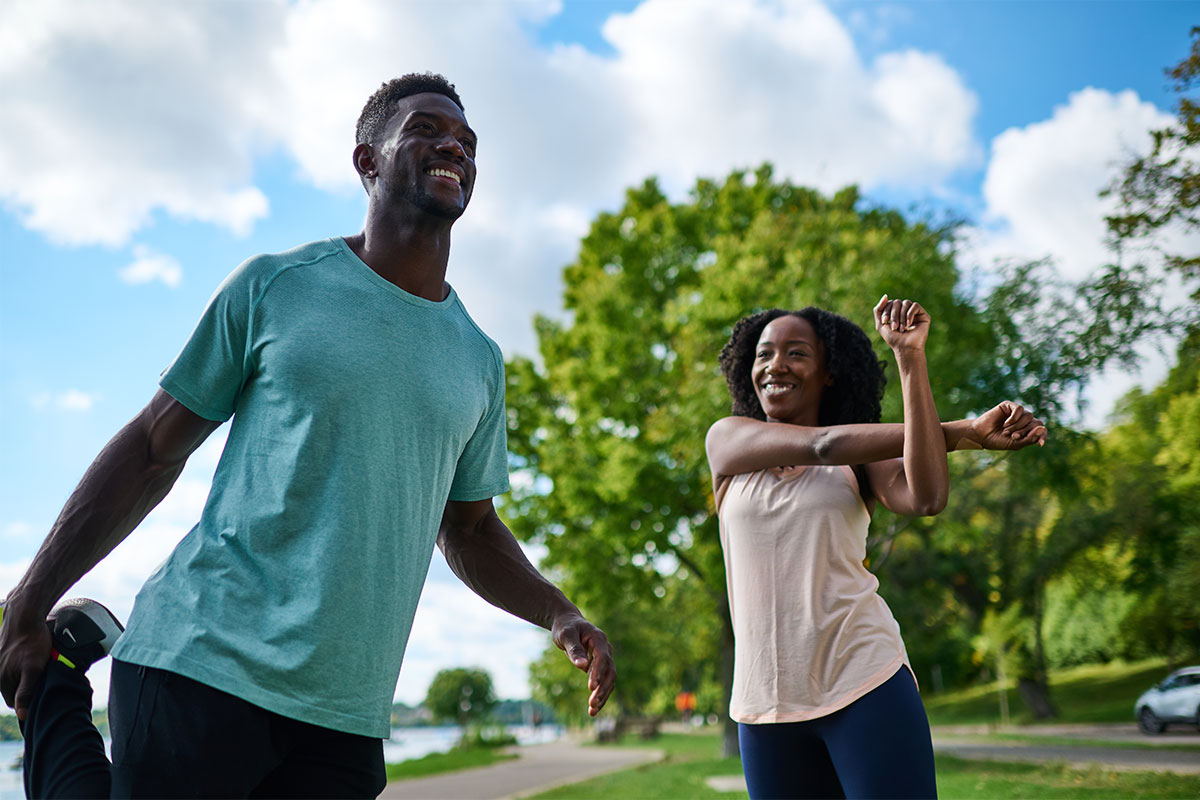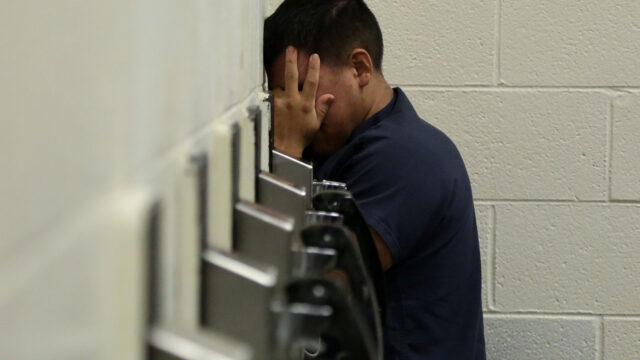Emerging from the confines of prison can feel like stepping into a whirlwind—an overwhelming rush of emotions, uncertainty, and an enduring sense of anxiety. The world outside, so vibrant and chaotic, can become both exhilarating and intimidating.
For many, the process of reintegrating into society is fraught with challenges, from rekindling relationships to finding employment, all while grappling with the shadows of their past. In this tumultuous journey, the simplicity of cycling offers an unexpected sanctuary.
Picture the wind on your face, the rhythm of your pedaling, and the freedom that comes with each rotation of the wheels. Cycling is more than just a mode of transport; it’s a powerful tool for mental health, a physical release that promotes clarity and peace of mind.
As you navigate the complexities of post-prison life, embracing cycling can be your best ally, transforming anxiety into empowerment and uncertainty into a roadmap for a new beginning.
The Journey to Healing After Incarceration

Reintegrating into society after incarceration can feel like navigating a labyrinth, a winding path laden with both obstacles and opportunities for growth. For many black men, the emotional weight of post-prison anxiety can be overwhelming, as individuals grapple with feelings of isolation, uncertainty, and the haunting echoes of their past. Yet, amidst this turbulence, a powerful ally emerges cycling.
This seemingly simple activity offers not just a form of exercise, but a transformative experience—an exploration of freedom, self-discovery, and connection. As the wheels turn on the open road, one can reclaim a sense of agency while forging new relationships, both with oneself and the world.
The healing journey is unique for everyone, yet cycling can be that vital thread weaving together the pieces of a renewed life, helping individuals rise above their struggles and pedal toward a brighter future.
Understanding Post-Prison Anxiety ─ Challenges and Triggers

Understanding post-prison anxiety involves delving into a maze of emotional upheaval and the harsh realities that former inmates face upon reintegration. The transition can be jarring; one minute, you’re navigating the structured life behind bars, and the next, you’re thrust into a world that feels overwhelmingly chaotic and unwelcoming.
Triggers abound in the hustle and bustle of urban life, the isolation from friends and family, or even the simple act of making choices. These challenges often culminate in moments of crippling anxiety, where the overwhelming weight of past experiences collides with the uncertainty of the future.
Collateral consequences, such as housing instability and employment barriers, only magnify these feelings, leaving individuals grappling with a sense of loss and vulnerability. Yet, within this tumultuous landscape, the power of cycling emerges as a beacon of hope and resilience, providing both a physical outlet and a source of mental clarity.
The Therapeutic Benefits of Physical Activity

Engaging in physical activity, particularly cycling, offers a wealth of therapeutic benefits that can be transformative, especially for those grappling with post-prison anxiety. As you pedal through the open air, the rhythmic motion not only invigorates the body but also quiets a restless mind.
The release of endorphins creates a natural high, combating feelings of stress and depression. Beyond the immediate rush, cycling fosters a deeper connection to oneself, allowing for introspection amidst the hum of the wheels.
This dynamic form of exercise builds resilience; with every push on the pedals, individuals reclaim a sense of control and focus that may have felt lost. The fluctuating scenery of a bike ride—changing landscapes, the wind against your face—provides sensory stimulation that can distract from intrusive thoughts, promoting mindfulness.
Furthermore, cycling can cultivate social connections, as joining a local cycling group or simply engaging with fellow cyclists on the path encourages interaction and support. By weaving together the physical and emotional threads of recovery, cycling emerges as a vital ally in the journey toward well-being after incarceration.
Conclusion
In conclusion, cycling emerges as a powerful ally in managing post-prison anxiety, providing both physical and mental benefits that can significantly enhance overall well-being. The act of cycling encourages mindfulness, fosters a sense of community, and allows individuals, including black men seeking to reintegrate into society, to find a constructive outlet for their emotions.
By embracing this dynamic form of exercise, former inmates can reclaim their lives, build resilience, and pave the way for a brighter, more hopeful future. Ultimately, cycling not only serves as a means of transportation but also as a path towards healing and empowerment.



